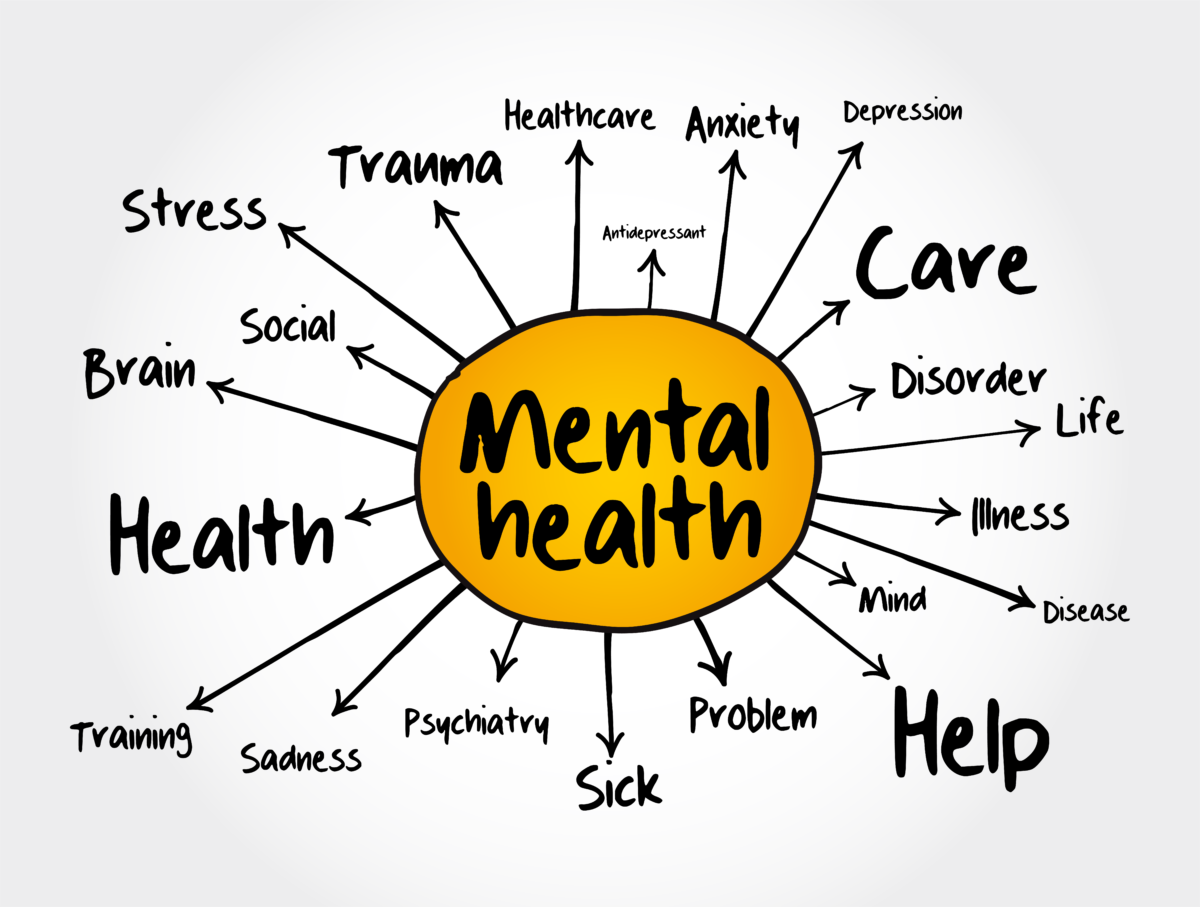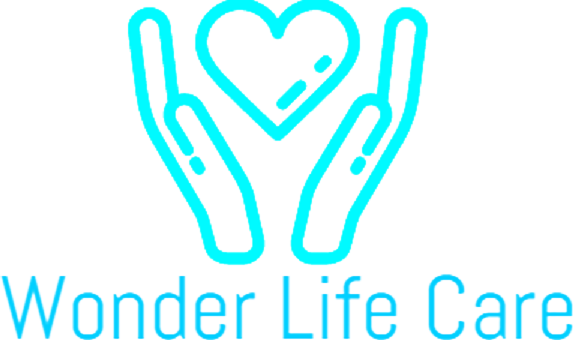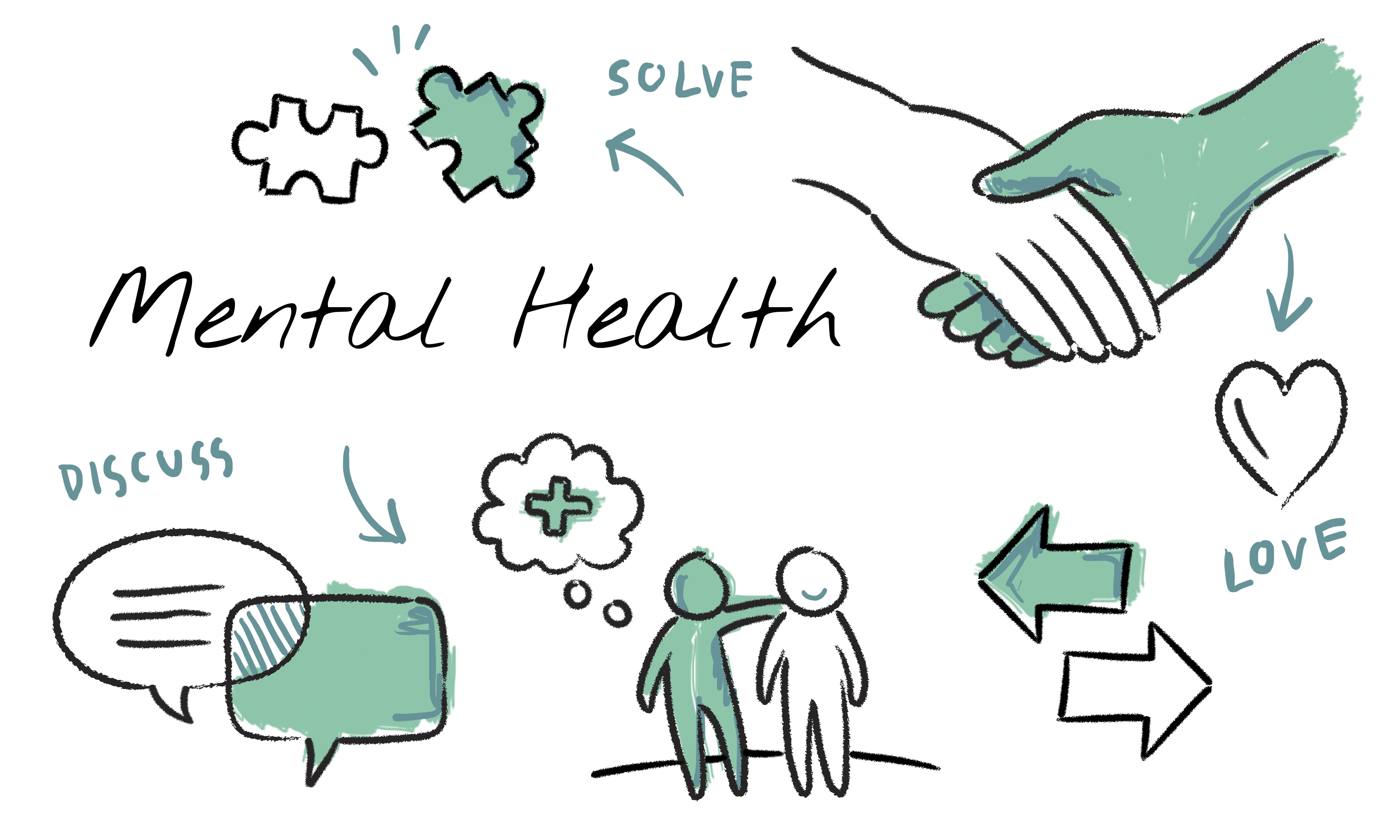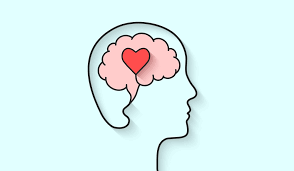
Beyond ‘Productivity’: Embracing Self-Care in a Fast-Paced World
In a world that celebrates constant busyness and productivity, the concept of self-care often takes a backseat. However, prioritizing self-care is not only a way to counter the stresses of our fast-paced lives but also an essential component of maintaining overall well-being. In this blog post, we’ll delve into the importance of self-care, explore its benefits beyond mere relaxation, and provide actionable strategies to help you embrace self-care in your daily routine.
The Self-Care Paradox: Navigating Priorities
In a culture that glorifies productivity and achievement, the notion of slowing down and tending to our own needs can seem counterintuitive. We often fall into the trap of believing that every minute must be dedicated to work or responsibilities, leaving little room for self-care. However, neglecting self-care can lead to burnout, decreased productivity, and compromised mental and physical health.
Understanding Self-Care: More Than Just Pampering
Self-care encompasses more than spa days and bubble baths—it’s a holistic approach to well-being that addresses your mental, emotional, and physical needs. While indulging in relaxing activities is indeed part of self-care, it also involves making intentional choices that promote your long-term health and happiness.
Benefits of Embracing Self-Care: Beyond the Surface
- Enhanced Productivity: Contrary to popular belief, self-care doesn’t hinder productivity—it enhances it. Taking breaks, getting enough sleep, and managing stress can lead to improved focus and efficiency.
- Stress Reduction: Engaging in self-care activities like meditation, deep breathing, or yoga can lower stress hormones, leading to a calmer and more centered state of mind.
- Improved Mental Health: Prioritizing self-care contributes to better mental health by reducing symptoms of anxiety and depression and fostering emotional resilience.
- Physical Well-Being: Adequate sleep, balanced nutrition, and regular exercise—all components of self-care—contribute to overall physical health.
- Enhanced Relationships: When you care for yourself, you’re better equipped to care for others. Nurturing your well-being positively impacts your interactions with loved ones.
Strategies for Integrating Self-Care into Your Routine
- Set Boundaries: Establish limits on work-related tasks during your off-hours. Protect your personal time as you would a valuable resource.
- Mindful Moments: Incorporate mindfulness into your daily routine. Whether it’s a few minutes of meditation or mindful eating, these moments can help you stay present.
- Prioritize Sleep: Make sleep a non-negotiable priority. Create a calming bedtime routine and aim for consistent sleep hours.
- Physical Activity: Engage in physical activities you enjoy, whether it’s going for a walk, practicing yoga, or dancing. Regular movement boosts both physical and mental well-being.
- Unplug Regularly: Take breaks from screens to reduce digital overwhelm. Use this time to connect with nature, read a book, or engage in a hobby.
Dispelling Guilt: Embracing Self-Care
Guilt is a common barrier to practicing self-care. We often feel guilty for taking time away from our responsibilities. However, viewing self-care as an investment in your well-being can help alleviate this guilt. Remember that taking care of yourself allows you to show up more fully and effectively in all areas of your life.
A Balanced Life: Prioritizing You
In a world that often values productivity over well-being, embracing self-care is an act of self-love and empowerment. By prioritizing your mental, emotional, and physical needs, you’re equipping yourself to navigate life’s challenges with resilience and grace. Embrace the journey of self-care, and discover the transformative effects it can have on your overall quality of life. Remember, you deserve care, compassion, and moments of pure relaxation amid the hustle and bustle.


